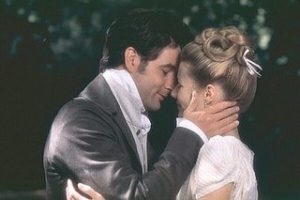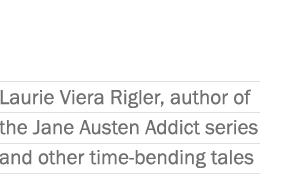On the 200th anniversary of Jane Austen’s death, what better way is there to honor this extraordinary author than to give thanks for what she has left us? For me, her work is a timeless guide to living life in the no-BS zone, wrapped in an infinitely re-readable set of six novels.
If I could assign a motto, a credo to the the Austen canon, I would say it could be summed up in this one line from Pride and Prejudice: “Disguise of every sort is my abhorrence.” The fact that Mr. Darcy delivers this line while in the midst of a serious marriage-proposal fail makes it even more resonant: Darcy may be honest, but the brutality of his honesty indicates that he’s hiding behind his angry pride. He’s yet to unmask that part of his own disguise, but being an Austen hero, we know that he will.
That’s the genius of Austen, who calls out her characters on their disguises and their dishonesty. Which leads them to their moment of revelation, their grand character arc, and their ultimate reward–love and happiness.
Along the way, Austen makes us laugh, which makes the hard truths easier to bear. And thus we can begin to see ourselves in it all.
That’s Austen: keeping us real and calling us out. She’s been doing it for 200 years. And that’s no small feat for someone who lived in a society in which polite demurrals, refusals, and denials were a socially mandated matter of form.
Here are 10 gems of Austen wisdom to help you reach your own character arc.
1. A real friend is the one with the guts to tell you the ugly truth.
In Emma, Mr. Knightley was the only person with the courage to tell Emma that her treatment of Mrs. Bates was cruel. Emma was shocked and chastened. And set about making amends. Which also put her on the road to realizing that Knightley’s bossiness was maybe just a little bit attractive; no scratch that, super hot. 
(more…)





